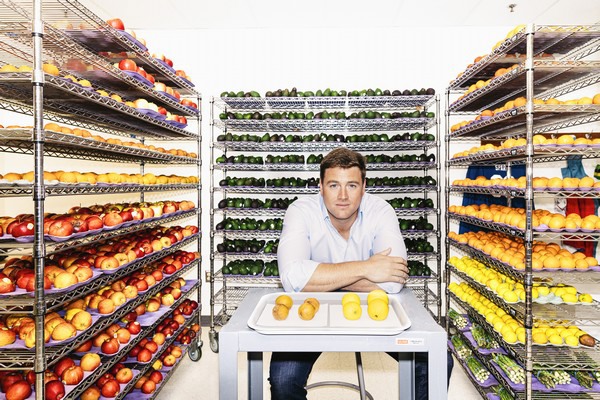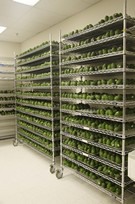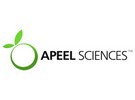James Rogers is a CEO & Founder of Apeel Sciences and a World Economic Forum Young Global Leader 2020. He wrote the following about the definition of quality, and why redefining quality will help reduce and build a more efficient supply chain.

“Throughout the COVID crisis, many of us have considered where a solutions-mindset can bring us to better survive, and even thrive, in what comes next. We’re emerging from an era of unquestioned convenience into a world where awareness, intention and resilience to global challenges will be key. With all that’s changed, we’ll be looking to the enduring quality of goods, and their ability to sustain us through a crisis.
In order to deliver this lasting quality, we need to better measure and understand it. We know that produce quality degrades from grower to grocery cart, and contributes to $1T in lost value every year, but the benchmarks for measuring it remain fluid from one point in the supply chain to the next.
In the same way that we saw the building blocks of a peel, we see an opportunity to develop an understanding of quality that is more tangible and quantifiable than ever before. Working with our partners, we’ve learned that quality means different things to different stakeholders, and success ultimately depends on how consumers assess it. In the end, we’ve relied on cosmetic elements to reach the broadest audience, resulting in a food system that prioritizes basic attributes to deliver uniform, larger-sized produce year-round.
 As we see it, quality can be defined beyond the current cosmetic standards, using advanced measurement tools rather than intuition, capturing a broader range of aspects that might influence perception of quality - and ultimately purchase decisions. There will always be basics like size, color, shape and weight. But add to that taste, aroma, even nutrition. Sustainability metrics, packaging, value for money, and genetics can also factor in. We can make better observations using methodologies drawn from academia instead of subjective assessments. This is work Apeel has done from the start, focusing on mass loss and respiration. With these two key tests, this data allows us to more effectively visualize and measure shelf-life.
As we see it, quality can be defined beyond the current cosmetic standards, using advanced measurement tools rather than intuition, capturing a broader range of aspects that might influence perception of quality - and ultimately purchase decisions. There will always be basics like size, color, shape and weight. But add to that taste, aroma, even nutrition. Sustainability metrics, packaging, value for money, and genetics can also factor in. We can make better observations using methodologies drawn from academia instead of subjective assessments. This is work Apeel has done from the start, focusing on mass loss and respiration. With these two key tests, this data allows us to more effectively visualize and measure shelf-life.
Moving forward, we can gain a longer view of produce behavior, with specific category and subcategory insights that reflect both external and internal quality dynamics. Our powers of observation can become more sophisticated as we develop tools for quality and shelf-life prediction using AI. New techniques may also quantify internal and intangible aspects, helping to predict not just problems, but also taste, smell and nutrition.
With 40% of the food we grow going to waste, a more holistic understanding of quality would help reduce that impact, while helping to realize sales typically written off as quality degrades. As an industry facing great challenges, we can build a stronger food system and expand our understanding of produce in a way that builds greater trust and deeper relationships with each other and consumers. We can foster greater abundance, sustainability and flexibility in the face of the unexpected. We can feed the future and realize the full potential of the food we grow, reducing waste and growing benefits from grower to packer to retailer to consumer. A supply chain built on measurable and enduring quality will be built to last.”
Apeel Sciences is a company that’s approaching the global food waste crisis by utilizing a plant-derived solution to prevent waste — a sustainable approach to the world’s growing food demands. The company’s plant-derived products help USDA Organic Certified and conventional fresh food growers, suppliers, and retailers maintain produce quality and slow spoilage, which minimizes food waste from the farm to the kitchen. James recently did a talk on this topic, which can be viewed here.
 For more information:
For more information:
Michelle Masek
Apeel Sciences
Email: press@apeelsciences.com
www.apeelsciences.com
